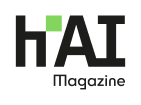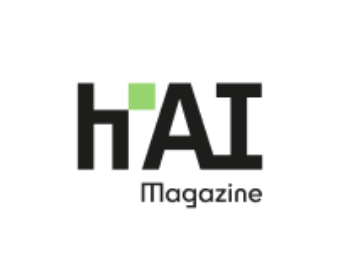The Association of Public Relations Firms (ZFPR) – Polish group which gathers representatives of the major PR companies in the country – has signed the “Warsaw Principles”, which are guidelines for using artificial intelligence in the PR industry. The International Communications Consultancy Organisation (ICCO) developed these principles. Given the growing importance of AI technology, these principles aim to help PR professionals use AI ethically and organise their work with it.
The “Warsaw Principles” are ten key guidelines that ICCO members adopted at the Global Summit in Warsaw in October 2023. Public relations organisations joined them a year later. Christina Forsgård, ICCO’s Ethics Chair, oversaw their development. These principles aim to maintain trust in the PR profession at a time when AI capabilities can both enhance and threaten communication transparency.
Grzegorz Szczepański, ICCO President, highlights the unique opportunities AI offers for PR, but also points out the ethical dilemmas:
“The rapid development of artificial intelligence presents our profession with a unique opportunity for accelerated growth, but it also creates a number of ethical challenges we must face. As this technology develops, especially in the context of deepfakes, conspiracy theories and hybrid threats to democracy, it’s crucial to maintain trust in our profession. The Warsaw Principles are more than just guidelines; they’re an ethical compass for communication professionals worldwide, designed to help us maintain that trust. Equipped with artificial intelligence, we still have a duty to prioritise science-based facts in our communications and ensure that every message is transparent and clear in its intention.”
ZFPR not only adopted these principles but also committed to following them, aiming to build trust and transparency in the use of AI.
“The development of artificial intelligence and related technologies, as well as the accompanying flow of data and information, takes place across national borders. That’s why a harmonised approach to the challenges that AI brings is so important, and this requires, above all, adopting a common definition and ensuring compliance with fundamental values. Ethical use of artificial intelligence starts with good management and internalisation of these principles in organisations and agencies, and the obligation to use these technologies responsibly rests with all PR employees. We want AI to focus on humans and be used in the service of humanity. We can only discover its full potential if we’re aware of the risks and limitations associated with it,” says Daria Tworek, Vice President of ZFPR.
The Muck Rack report “The State of AI in PR” from 2023 shows that 61% of PR professionals already use AI, which translates into increased efficiency in their work through automation and better data analysis. A study conducted for Prowly, “The State of PR Technology 2023”, shows that 63.9% of PR professionals using AI in their daily work also see risks related to misinformation and content manipulation.
That’s why it’s so important to regulate these activities, even at the level of good practices. Adopting the “Warsaw Principles” allows for the ethical use of AI in content creation, crisis management, and building trust-based relationships. These principles emphasise, among other things, the need to disclose the use of AI materials, verify information, and respect copyright.
You can find the exact wording of the Warsaw Principles here.









